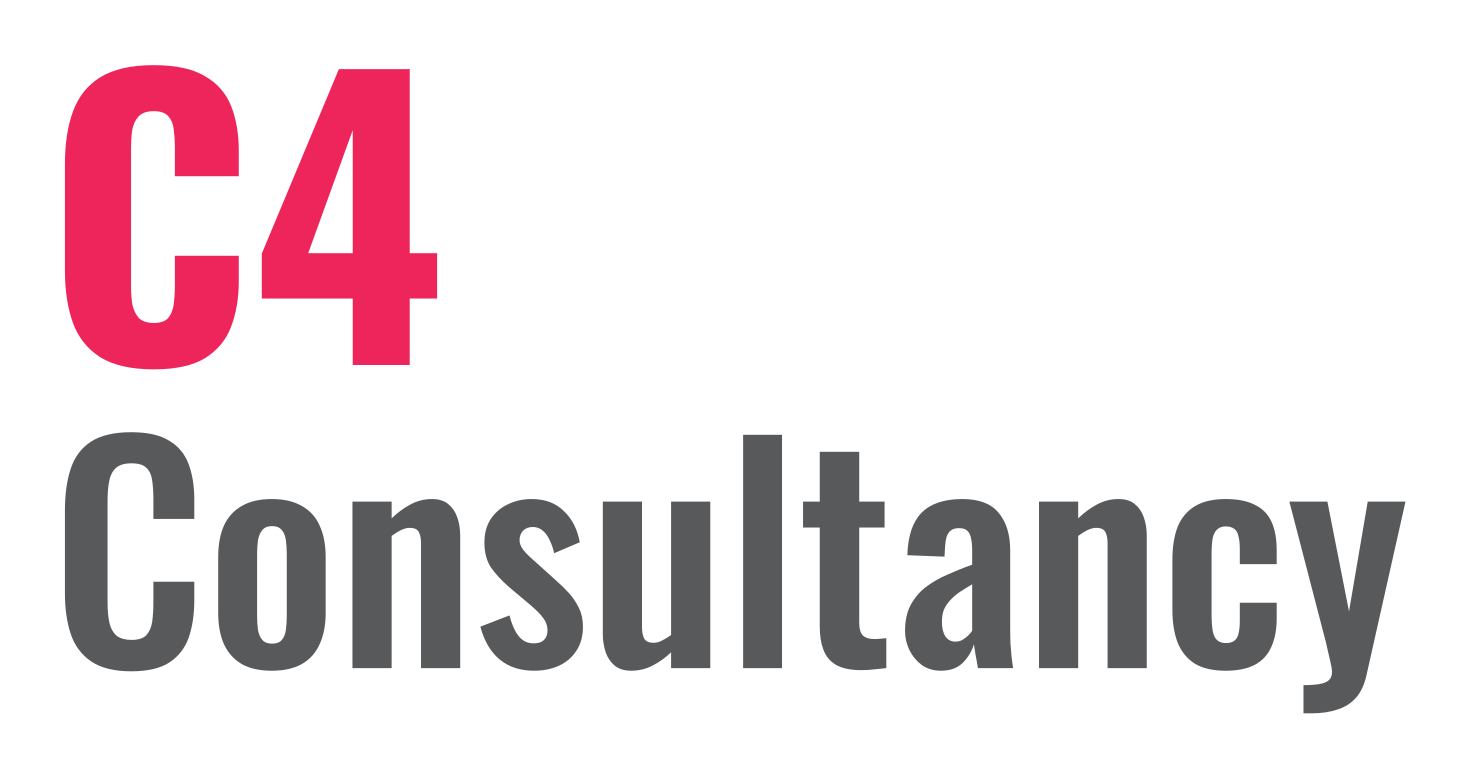Emotional Intelligence (EI)
Emotional Intelligence (EI)
Our medical system is accepting what corporate organisations are not. Clinicians are way behind corporate organisations in the way they support their leaders and staff with expert support.
We need to keep our staff in our units operating at high levels and good staff are leaving.
Emotional intelligence skills can help with workforce retention and performance.
The higher one advances up the organisation, the more important EI becomes in a clinical context. Clinically you can be on point, but you may be missing the knowledge and competency to lead your team.
The most successful emerging leadership models effectively address the shift from a culture of physicians and nurse leaders as lone healers to a culture of collaboration and interaction and EI is essential for this.
EI is a critical health care leadership competency. Are you ready to make that shift and get competent in the one area that could make the difference in your career and team?

C4 solution:
It all starts with self awareness and both EI inventories and coaching can be an important part of this process. Real change doesn’t happen with a once off training, so that is what partnering with us leads to real changes that are sustainable over time as we give the psychological safety to try out new skills to improve the culture of the organisation.
References:
- Dulewicz, V. and Higgs, M. (2003), “LEADERSHIP AT THE TOP: THE NEED FOR EMOTIONAL INTELLIGENCE IN ORGANIZATIONS”, The International Journal of Organizational Analysis, Vol. 11 No. 3, pp. 193-210. https://doi.org/10.1108/eb028971
- Gabbard G.O. The role of compulsiveness in the normal physician. JAMA. 1985;254(20):2926–2929. doi:10.1001/jama.1985.03360200078031. [PubMed] [Google Scholar]
- Bohmer RMJ. Leading clinicians and clinicians leading. N Engl J Med. 2013;368(16):1468–1470. doi:10.1056/NEJMp1301814.
